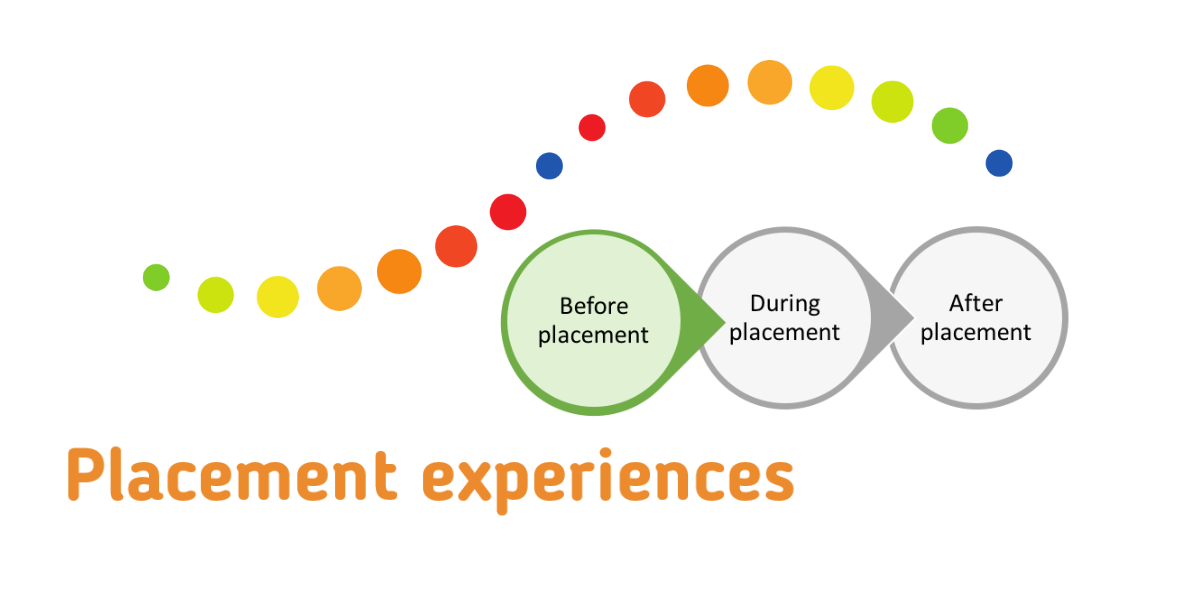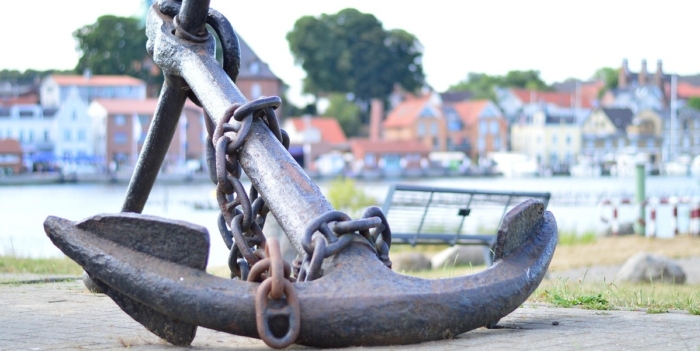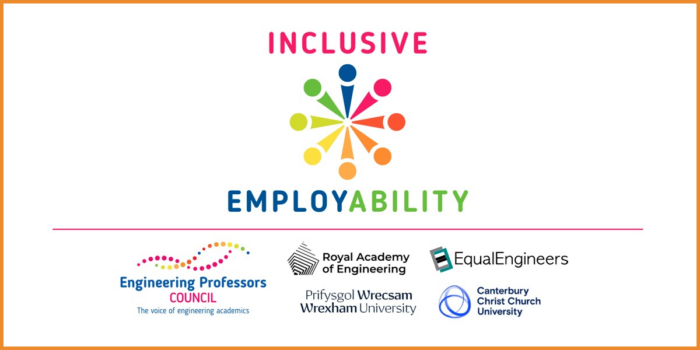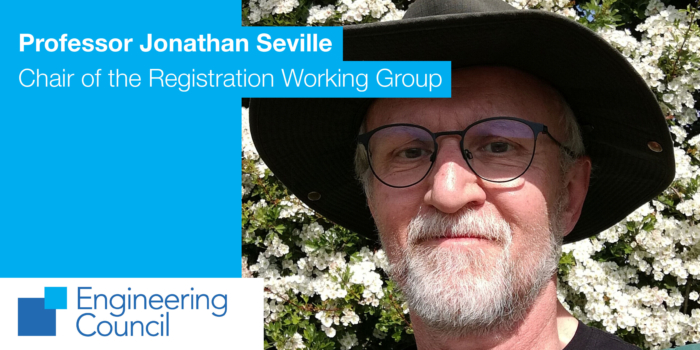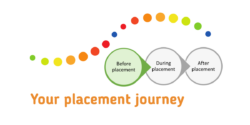
Your Placement Journey Toolkit is designed to support you to get the best from your placement experience. It will help you to think about your placement, looking at your expectations, recognising your own responsibilities alongside those of your university and placement provider.
Aligned with the Engineering Placements Toolkit, designed for education institutions and employers, this toolkit aims to support your placement experience in three key stages: before, during and after placement.
Placement experiences
“I am getting industrial experience in the area I am really passionate about, so when I’ll graduate and will look for jobs I’ll be so much better prepared and it’s definitely a plus to my CV.” – from University of Leicester
Oishi Deb is a software and electronics engineering undergraduate at University of Leicester. She has finished her second year and is currently doing a yearlong placement at Rolls Royce where she is enjoying the opportunity to apply her knowledge in real world projects and also learn new skills that will benefit her future professional career.
“I think the best part was that I was seen as a team member in the department (…) I was very welcomed there, they appreciated the work I was doing and the feedback was very constructive all the time.” – from University of Salford
Cristian Balan is an aeronautical engineering undergraduate at University of Salford. He had an exciting one-year placement in Airbus, working both in Germany (Bremen) and France (Toulouse). In his placement Cristian felt he was part of the team and worked in fast-paced projects where he had the opportunity to work not only in research and development departments, but also in production and quality management.
Emily Jones is a civil engineering undergraduate at University of Bath. She did a one-year placement in industry where she had the opportunity to work in different projects and have a real world experience of what a civil engineer does. Emily describes her placement as being an invaluable experience, and recommends every student to be proactive and embrace all the opportunities been offered during their placement.
“I enjoyed the freedom of being able to help in any way that I could, and just being useful. I really did enjoy it, and it was a really good break from university, which was exactly what I wanted.” – from Imperial College London
Tobi Danmole is a mechanical engineering undergraduate at Imperial College London. Last year he did a one-year placement, not only to gain experience and increase his chances of getting a good job, but also to have a break from university and explore the world of work. He has been offered a job in Rolls-Royce, after doing his placement in the company.
“I think it’s really important if you are given the opportunity to enter a company for a short period of time to see as much as the company as possible, and not just the little sector where you are working, so that you can have a better feel of how companies, in general, work.” – from University of Cambridge
Madeleine Steer is an engineering undergraduate at University of Cambridge. In Cambridge, all engineering undergraduate students are required to complete a total of 8 weeks of internship experience during summer. However, although being compulsory for her degree, Madeleine also wanted to do internships in order to explore which field of engineering she wanted to specialise in the future. These internships allowed Madeleine to actually experience the work of different companies, and gain a wider perspective of what to expect in different engineering sectors.
Ana Miarnau is a mechanical engineering undergraduate at University of Bath. She had an international one-year placement at a research organisation in Switzerland. Initially, she was not meant to do a placement, but after speaking to students at the university who had been on a placement before, Ana thought it was a good idea to get work experience before graduating and increase their chances of finding a good job once graduated.
Charlie Constable is a first year engineering undergraduate student at University of Cambridge. He took a gap year before coming to university, through the Engineering Development Trust ‘Year in Industry Scheme’, in order to try and feel how actually engineering works.
Any views, thoughts, and opinions expressed herein are solely that of the author(s) and do not necessarily reflect the views, opinions, policies, or position of the Engineering Professors’ Council or the Toolkit sponsors and supporters.
